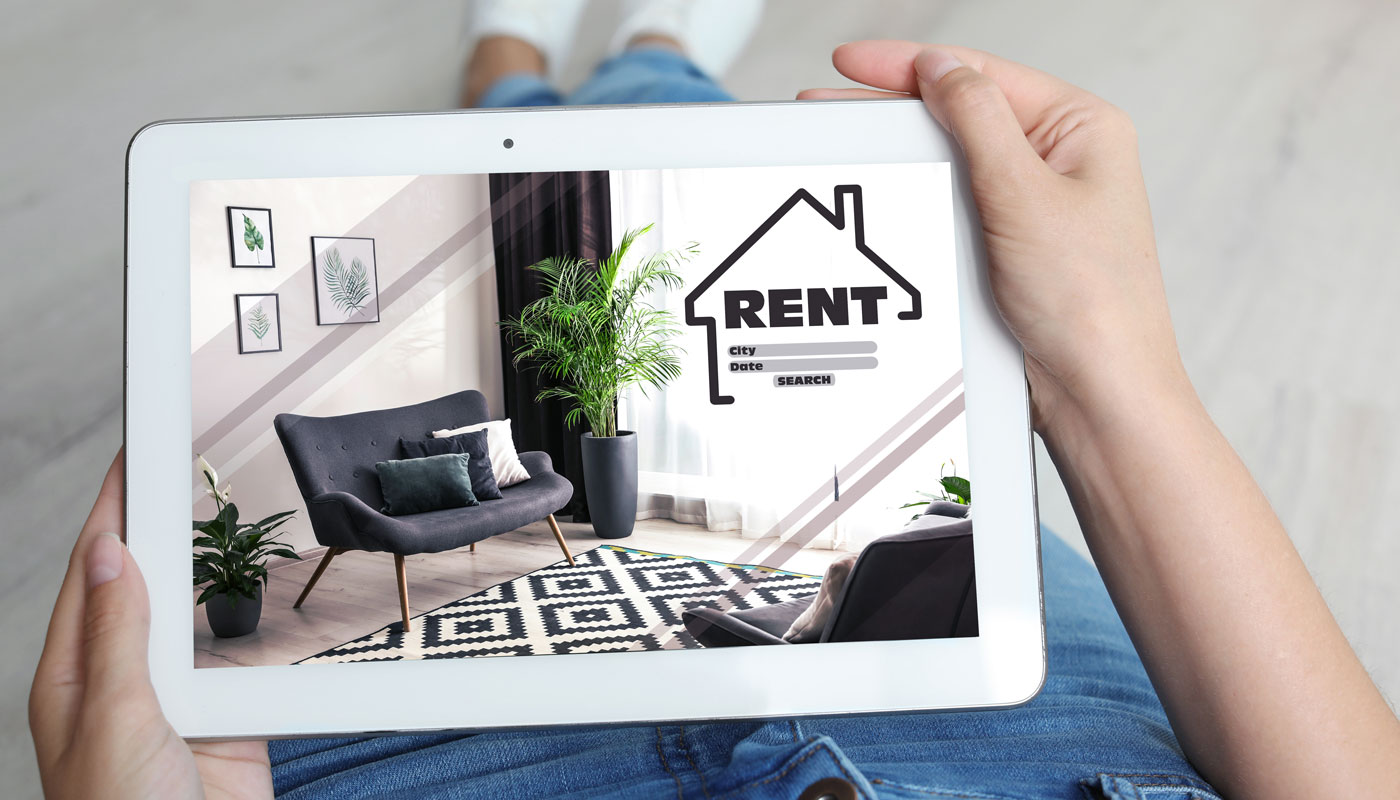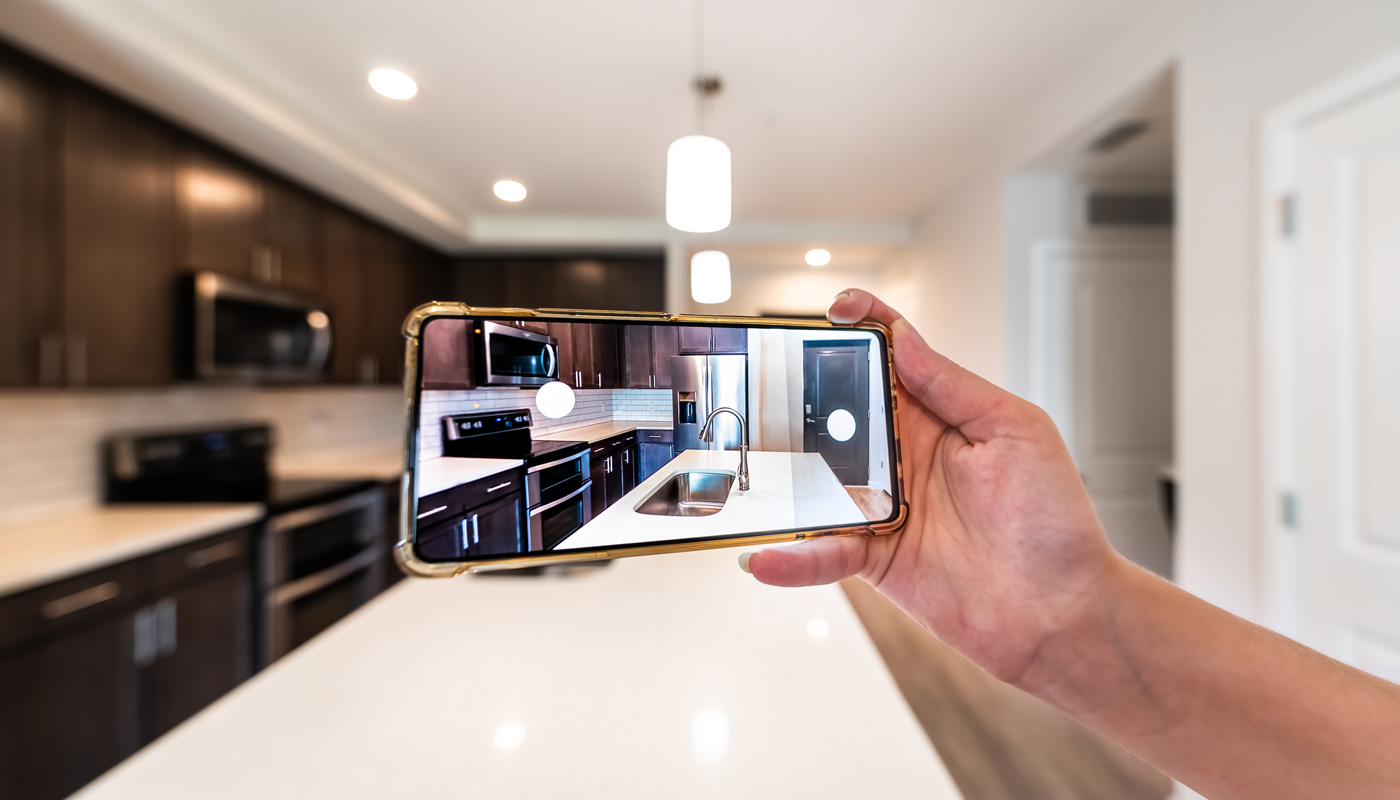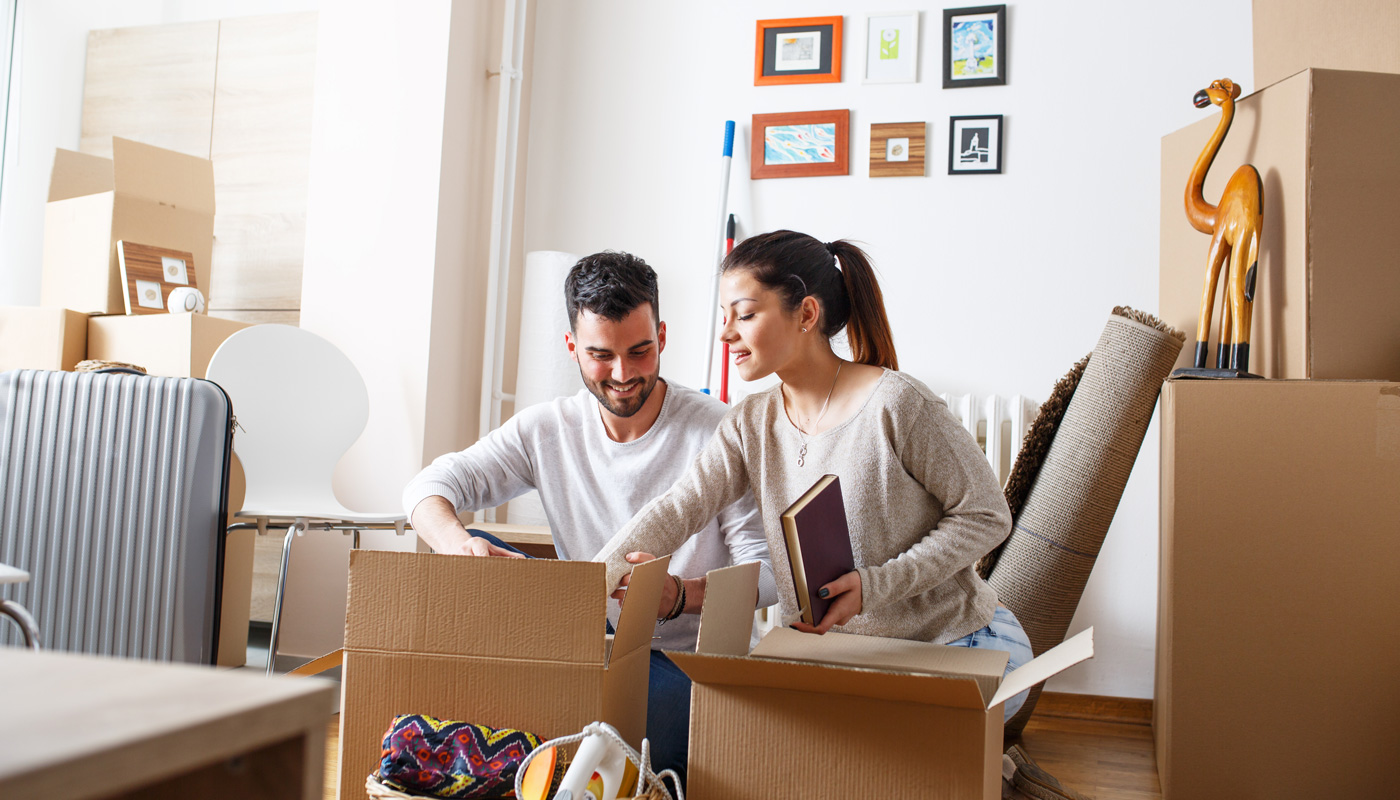Add protection for your TV, computer, phone and more!
Work with AAA and get a quote for the cost of monthly renters insurance.

Renting your first apartment is undeniably a major life milestone—it’s a big deal, marking newfound independence and responsibility. This is your first step to demonstrate personal and financial autonomy and self-reliance, but if you aren’t properly prepared it can become overwhelming and end up costing more than you anticipated. With careful planning and preparation for what to expect, you’ll build confidence in yourself and the experience will serve as a foundation for even bigger decisions you’ll make in the future. Here are some helpful tips for when you rent your first place.
Before you can begin your apartment search, you should know what you can afford. A good rule of thumb is to budget around 30% of your monthly income toward rent.
For example, if your take-home pay is $4,000 per month, you should be looking for an apartment that would cost you around $1,200 per month. You’ll also need a security deposit to secure the apartment, and depending on your city or state, the security deposit could be set by law. Whether it is or not, your lease agreement will spell it out for you. Budget roughly one to two months’ rent for the deposit.
You’ll also need to factor in the monthly cost of utilities, internet, parking, storage, maintenance and pet fees. Until you start visiting properties and reading their leases, it’s best to assume none of these will be included in your rent when calculating your monthly budget.
Next add other expenses like groceries, gas, insurance and entertainment. And be sure to set aside money from each paycheck to deposit into a savings account so you can build up cash for unexpected bills and future purchases like a car or home.
With your budget complete and knowing what you can spend on rent each month, it’s time to do some online research before you begin looking at apartments. Think about areas that are close to your work or school, as well as friends and family.
When you have an ideal location in mind, check out apartment rental sites like ApartmentGuide.com, ForRent.com, Zillow Rentals, StreetEasy, Craigslist, Apartments.com and others. Visiting several websites will help you set realistic expectations on both cost and amenities and narrow down your list of targeted apartments.

With your budget set and research completed, you’re almost ready to start visiting apartments. Almost. Every time you enter a new apartment to check it out you’ll feel a range of emotions—both positive and negative—but you want to make sure you stay on task and are asking all the questions you need answers to so you can make the best decision. This is when a checklist comes in handy.
You can find a variety of apartment-hunting checklists online, or use some of the points below as a starting point.

After visiting several apartments, your memory will start to fade and you might begin confusing different aspects of the places you’ve been to. That’s why it is helpful to take pictures and video of every apartment you visit—both inside and out—so you have a visual reminder of each location. If you have a friend or family member with you on your visit, give them your phone and let them do this task while you talk to the person giving you the tour.

Your landlord will have insurance to cover the building you live in, but it doesn’t protect you and your personal belongings from theft, fire or water damage, and it won’t protect you from liability if someone is injured in your apartment.
As tempting as it may be to save money and skip getting renters insurance, doing so would be taking a very big risk because in most cases it’s not very expensive. And besides, you may not have a choice, as apartment leases often require the tenant to have renters insurance. The landlord might offer it as well, as a convenience, but even if they do it would be wise to get an insurance quote elsewhere to be sure you get the best price on coverage.
Another reason to get renters insurance is that it can also cover personal property that gets stolen from your vehicle (think laptop, phone, etc.) the same way it covers the belongings in your apartment.
The search for your first apartment might feel overwhelming at times, but being prepared and organized will help ease some of your anxiety and allow you to explore this new chapter in your life with confidence—and the excitement this experience deserves.
Good luck with your search!